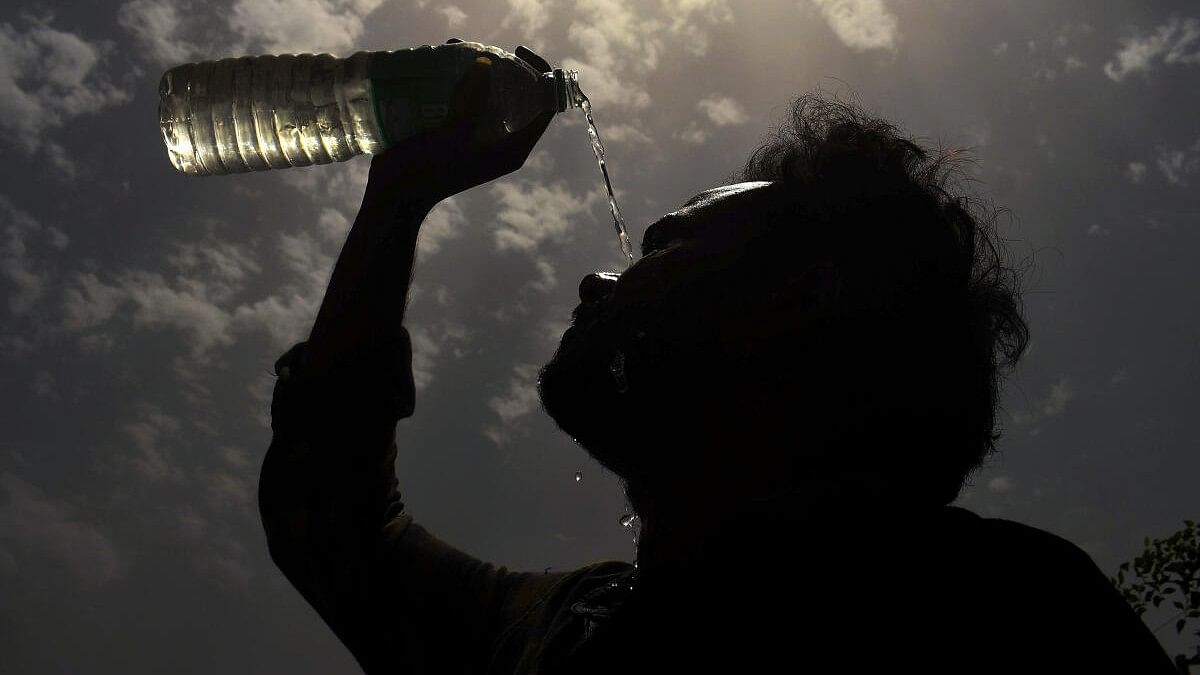
Credit: PTI Photo
Bengaluru: Most of the districts north Karnataka will experience a 2.5 degree Celsius rise in summer maximum temperature by 2040, which will have a huge impact on agriculture and other sectors, said N H Ravindranath, expert at United Nations Framework Convention on Climate Change.
Ravindranath, also a retired Indian Institute of Science professor, was delivering the keynote address at the Climate Leadership Summit in Bengaluru. "Even under a moderate emission scenario (known as SSP 2-4.5), most of north Karnataka is staring at a 2.5 degree Celscius increase by 2040. The possible exceptions are Belagavi, Dharwad and Uttara Kannada. Even there, the temperatures will increase by about 2 degrees C," he said.
To a question on the sidelines, Ravindranath said the assessments were based on regional climate models from Indian Institute of Tropical Meteorology, Pune. "A majority of Indian districts are staring at a similar crisis. Experts believe the yields of rice, wheat and maize are expected to decline by 30% to 40% under this scenario. This needs to be studied carefully," he said.
He said Karnataka needs to update the State Action Plan on Climate Change, prepared in 2019-20, immediately. "The climate models have improved since then. We need to take a relook to understand our current situation and make assessments for the future, especially on crop yields and water availability, to safeguard the interests of the vulnerable communities," he said, adding that the rising heat will lead to increasing frequency of drought and flood incidents.
Former chief secretary and chairman of the Centre for Sustainable Development A Ravindra said a paradigm shift was needed in the way development is conceptualised and implemented by the government. "We need to shift our focus to sustainability," he said, adding that climate change needs to be an electoral issue to become a mainstream subject.
T B Jayachandra, Karnataka's representative in New Delhi, said long-term commitments were required to achieve sustainability and said it took 47 years of struggle to ensure water security in his constituency.
Urban policy expert and climatologist Ashwin Mahesh noted that any talk of climate justice should include the vulnerable communities. "When we speak of justice, we should ask whose justice we are talking about. For this, public participation is required to inform both formulation and implementation of policy," he said.